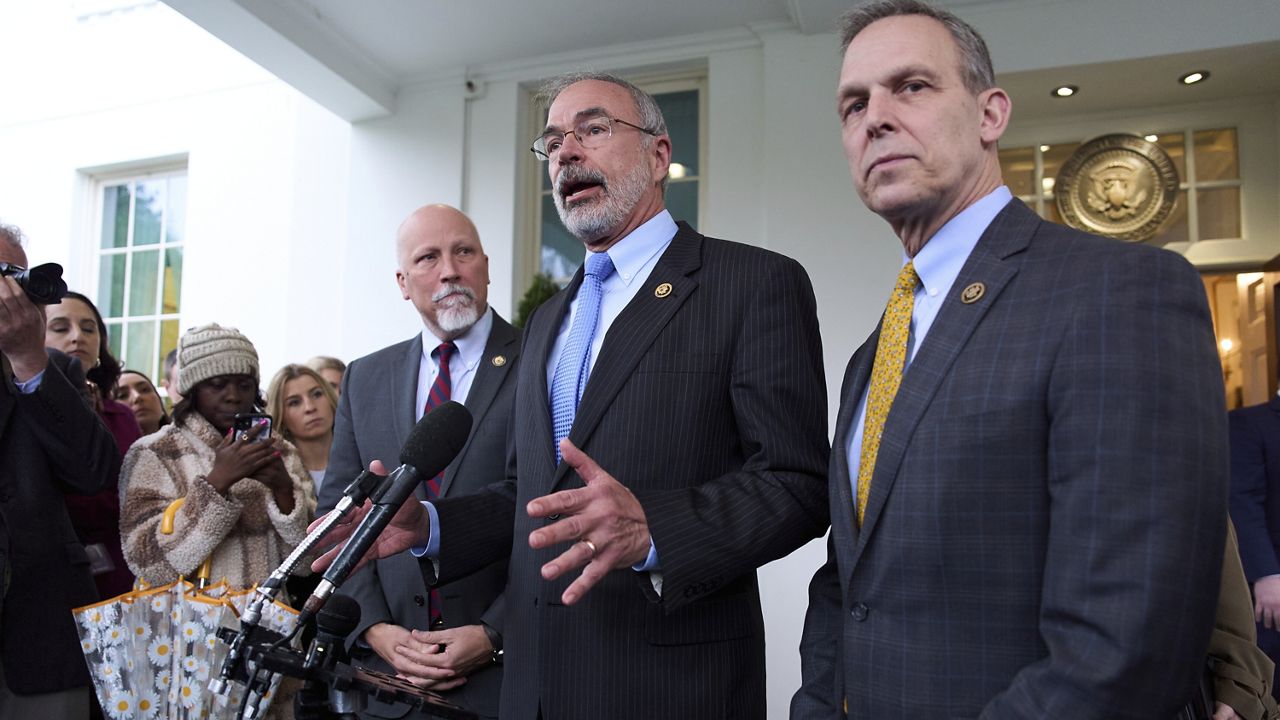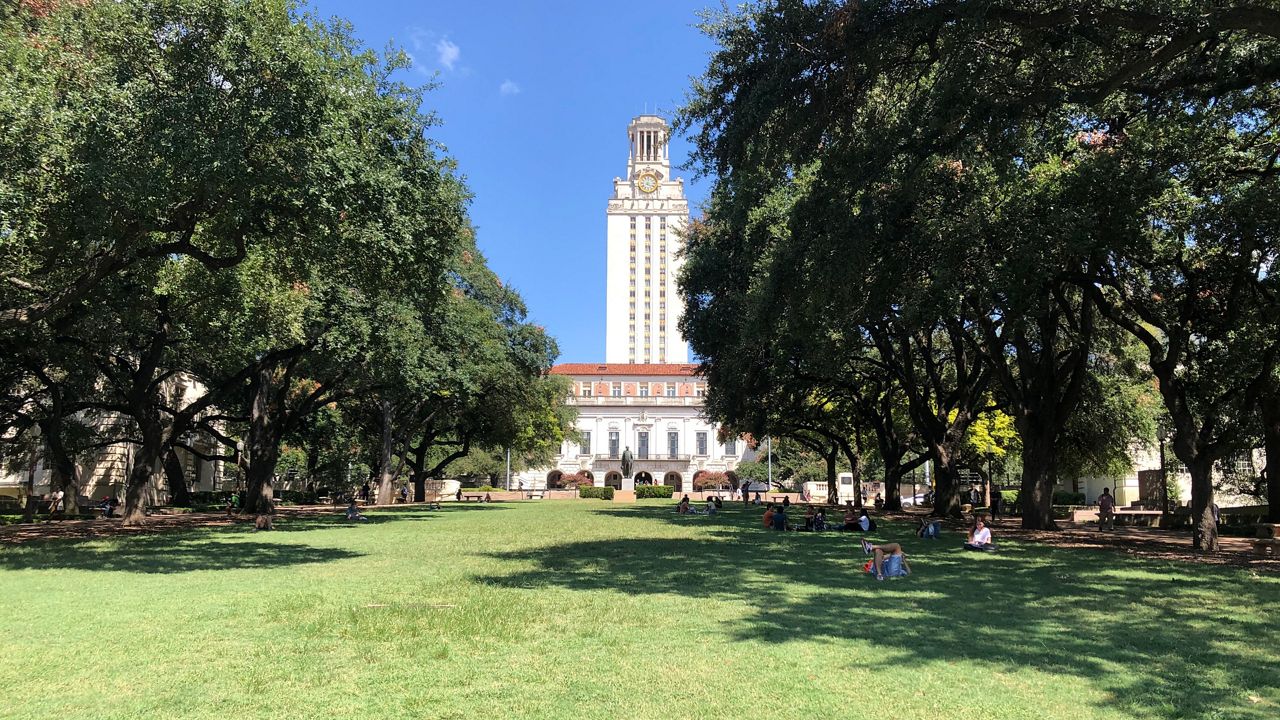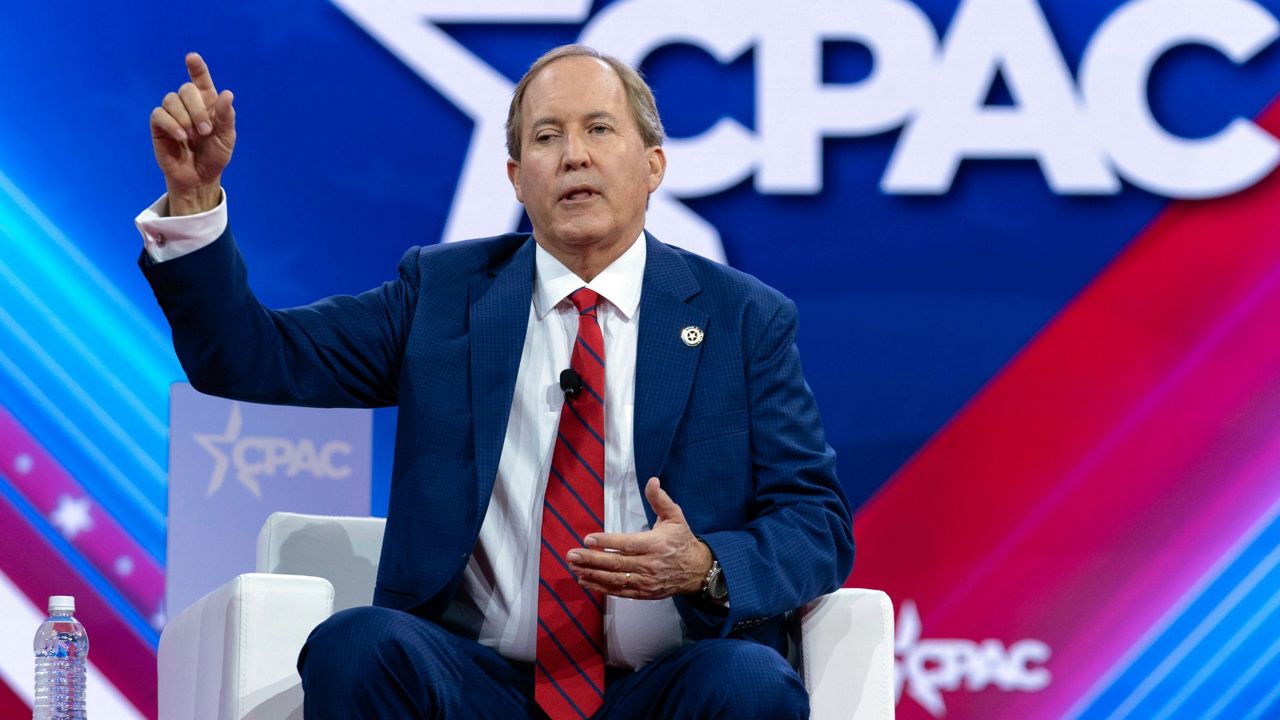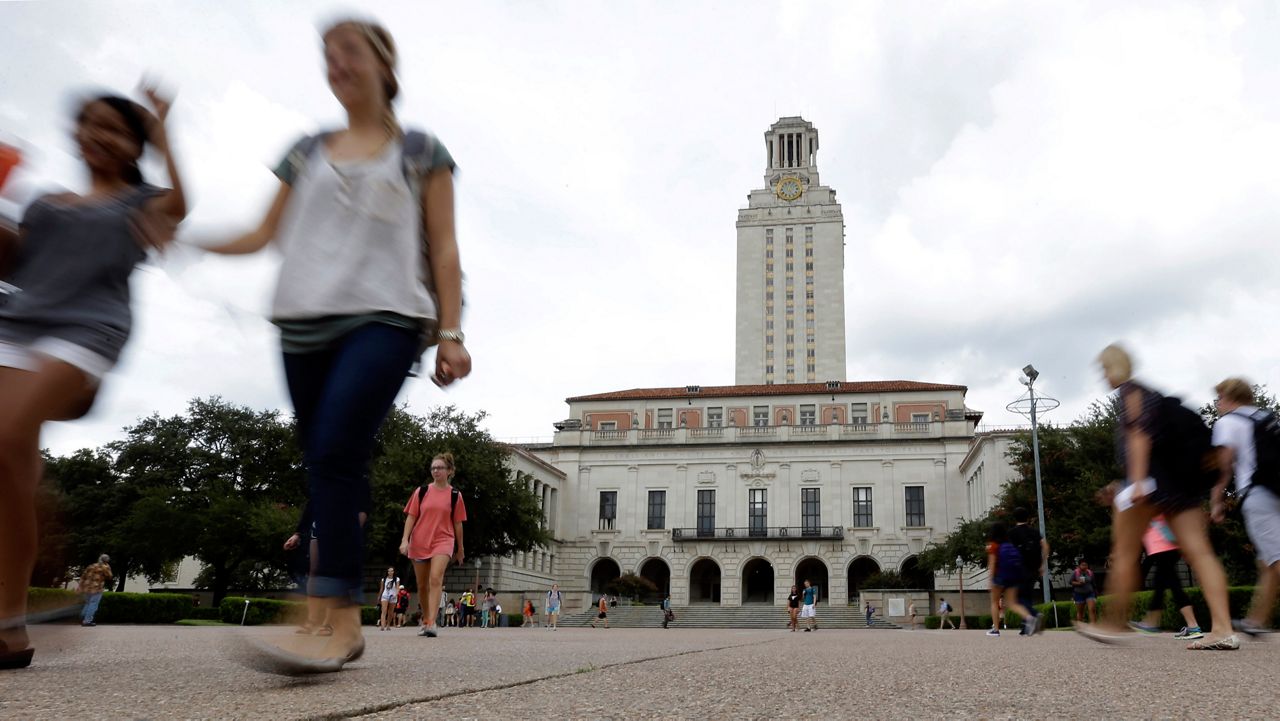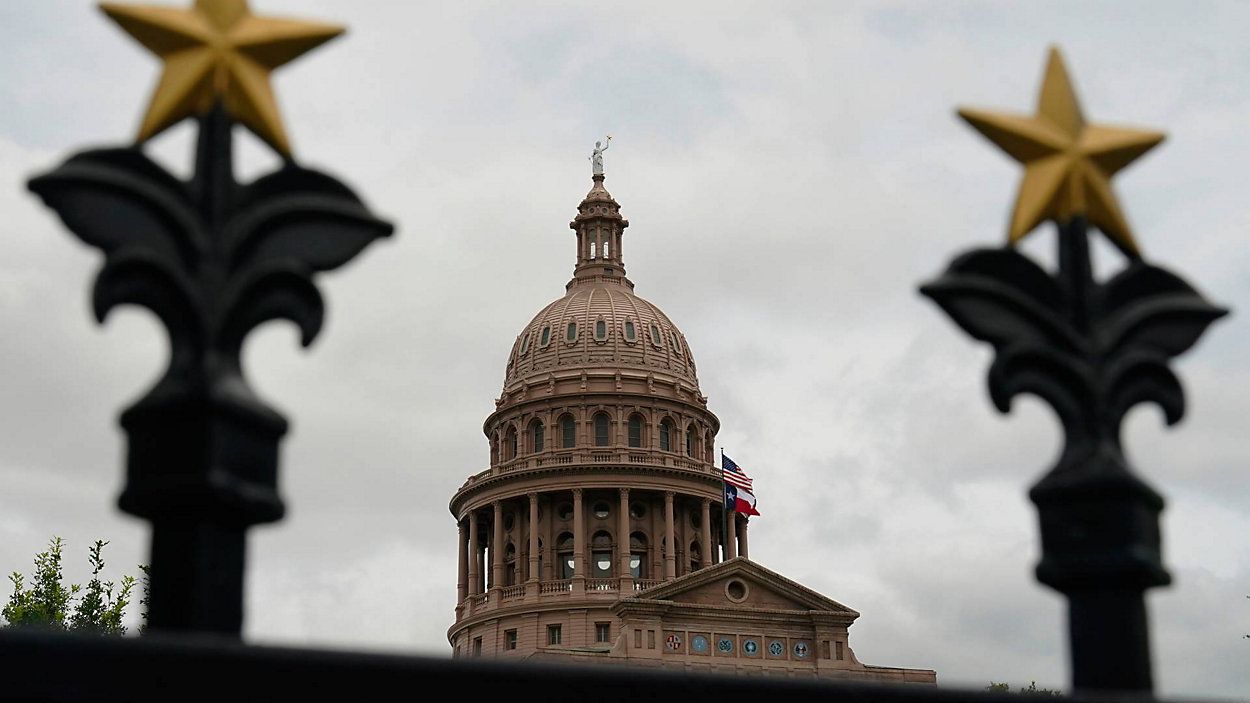AUSTIN, Texas — Lawmakers sent 17 constitutional amendments to the ballot for Texans to vote on this November, the highest number of amendments since 2003.
Before $1 billion a year can flow to a newly created water fund, Texans must vote on a constitutional amendment to allocate money for additional water sources and to fix aging infrastructure.
“It’s going to be a 20-year period that this is going to be into effect. So, if you consider that, $20 billion over time is pretty significant,” said Perry Fowler with the Texas Water Infrastructure Network.
The pool of money, House Joint Resolution 7, is one of 17 constitutional amendments the Legislature referred to November’s ballot.
These resolutions need a two-thirds vote in both chambers to succeed, so 100 votes in the House and 21 in the Senate. Republicans control both chambers but are 12 votes short in the House and one short in the Senate to refer amendments to the ballot on their own. At least some Democratic votes are needed to pass the resolutions, which can be difficult on more controversial policy proposals.
The minority party helped get the governor’s priority to stiffen bail laws across the line, Senate Joint Resolution 5. The proposal now before voters will allow a judge to deny bail for defendants accused of murder, kidnapping, robbery and other violent crimes, if there is evidence they won’t appear in court or post a threat to the community.
“(What) we’ve managed to accomplish does give these victims and their families, at least some measure of peace and belief that the system is working for them and listening to them,” said Texas Sen. Joan Huffman, R-Houston, who authored the resolution.
State Rep. Jolanda Jones, D-Houston, flipped her vote midsession after much negotiation that made the measure consistent with federal law. According to Jones, the law was “established by the U.S. Supreme Court in United States v. Salerno, which allows pretrial detention only when the government proves that no conditions of release would ensure public safety. This resolution empowers judges while preserving due process and equal protection.”
“I just signed off on a joint resolution [SJR 37] to make it crystal clear under the Texas Constitution that if you are not a citizen of the United States of America, you are not allowed to vote in Texas,” said Gov. Greg Abbott.
With 102 votes in the House, the amendment mentioned by Abbott barely reached the threshold needed to be on the ballot.
State Rep. John H. Bucy III, D-Austin, who was present but did not vote on Senate Joint Resolution 37, pointed out “that was already the law.”
Voters will also have the chance to approve multiple amendments to decrease property taxes by increasing the homestead property tax exemption for school district taxes because of the passage of four amendments: House Joint Resolution 133, Senate Joint Resolution 2, Senate Joint Resolution 84 and Senate Joint Resolution 85. Another group of amendments, House Joint Resolution 1, House Joint Resolution 34 and House Joint Resolution 99, would create new property tax exemptions such as one for properties bordering Mexico.
“We’re getting to a point now where the state has to make up several $100 million in order to pass out to fund all the recent property tax cuts. And we can do that now. We have a huge surplus part of it because we had a lot of inflation, part of it because we got a lot of federal money from COVID, but that’s not going to last forever,” said Ray Perryman with The Perryman Group.
An amendment to create a $3 billion Dementia Prevention and Research Institute of Texas, Senate Joint Resolution 3, was the only amendment to receive more Democratic support than Republican.
Other amendments passed that will be on the Nov. 4, 2025, ballot include:
- Senate Joint Resolution 34, which would give parents the right to make decisions about their child’s upbringing
- Senate Joint Resolution 27, which would change the composition of the State Commission on Judicial Conduct
- Senate Joint Resolution 59, which would create two special funds, the Permanent Technical Institution Infrastructure Fund and the Available Workforce Education Fund, for Texas Technical College System projects.
- House Joint Resolution 2, House Joint Resolution 4 and Senate Joint Resolution 18, which would prohibit certain state taxes


